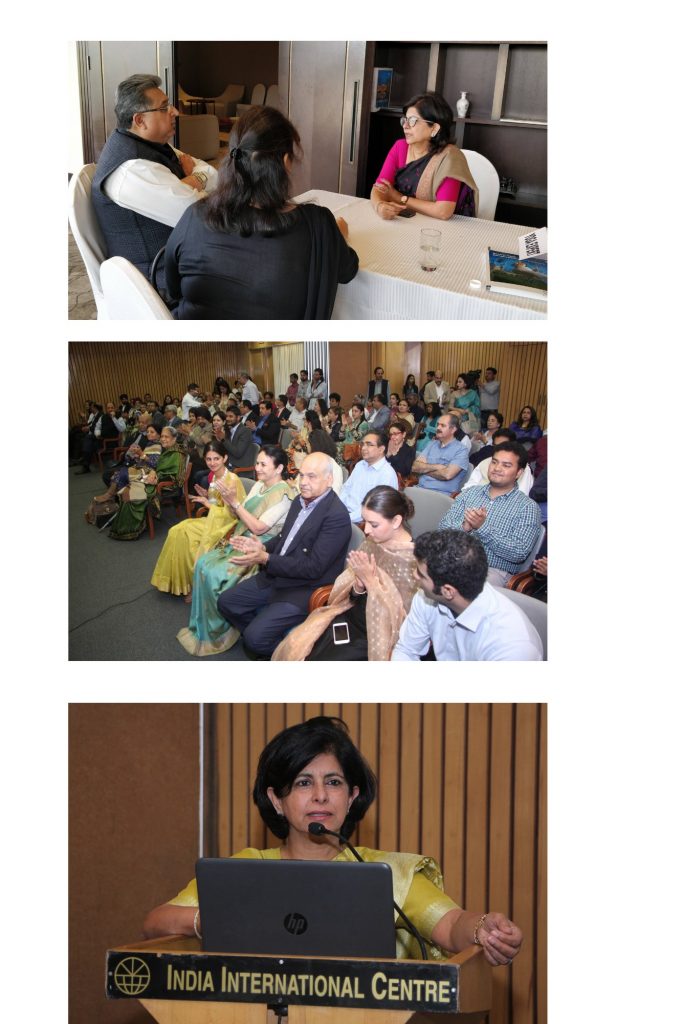We feel fresh and energetic after a good sleep. To celebrate such good sleep, World Sleep Day is celebrated annually. Addressing the problems related to sleep is also a purpose of this day. It has been organized by the World Sleep Day Committee of the World Sleep Society since 2008. It is celebrated on Friday each year before Spring Vernal Equinox. This year, it falls on the 18th of March and the theme for it is Quality Sleep, Sound Mind, and Happy World.
History:
This initiative was first taken by dedicated healthcare professionals – Liborio Parrino, MD, Associate Professor of Neurology at Parma University, Italy, and Antonio Culebras, MD, Professor of Neurology, Upstate Medical University, and Consultant, The Sleep Center, Community General Hospital, Syracuse, New York, USA. The main goal of the first World Sleep Day was to discuss and promote the importance of sleep across the globe.
We, at Sleep Medicine Institute, a division of Neurology and Sleep Centre, New Delhi, have been organizing programs regarding awareness about the importance of good sleep, sleep hygiene, etc. for the past 15 years.
Benefits of good sleep:
- Just like breathing, eating, and drinking, sleep is a compulsory and essential part of our life. It is the time when our body shreds away all its exhaustion and re-energizes itself.
- Sleep helps in repairing our heart and blood vessels. Sleep deficiency for a long period of time makes an individual vulnerable to heart, kidney, and liver diseases.
- It also reduces the risk of obesity in all age groups.
- It keeps a balanced level of hormones in our body:
Food hormones: Ghrelin makes us feel hungry and leptin makes us feel full. In the case of sleep deprivation, the levels of ghrelin go up and that of leptin goes down. This makes us feel hungry more than usual, increasing the risk of obesity.
Insulin: This hormone regulates the blood sugar levels in our body. Less sleep might interfere with its action and high blood sugar levels have been reported. This increases the risk of diabetes.

- Sleep supports normal growth and development. This is the reason why infants require around 12 to 16 hours of sleep on a regular basis.
- It boosts our immune system, helping us to fight against infections.
- It is vital for learning and remembering information. It enhances our learning, decision-making, and problem-solving ability.
- Sleep is necessary for keeping our emotions under control and staying mentally healthy. Sleep deficiency is linked to depression, suicidal tendency, etc. Sleep deficient kids and teenagers often have problems getting along with others. They might become aggressive, depressed, lack motivation, and are not very attentive.
- Good quality of sleep helps us to be efficient(at work and school) and safe. Driver sleepiness significantly contributes to road accidents.
Ways to get good quality and quantity of sleep:
- Physical exercise – Regular physical exercise such as brisk walking, cardio workouts, yoga, etc. not only helps us stay fit but also sleep well at night. Exercising, especially in the morning, helps maintain our circadian rhythm.
- Sticking to a single sleep time – going to sleep every day at the same time adjusts our body clock such that we automatically start feeling sleepy at that time. Fixing the sleep hours becomes very important and sleeping for the same duration every day makes us feel less tired. This helps us avoid daytime sleep.
- Diet – Eating a limited quantity of food at least two hours before bedtime is a good measure towards good sleep. A hungry or an overfull stomach makes us feel uneasy, and it becomes very difficult to fall asleep. Avoiding acidic food at night is also helpful.
- Avoid stimulants – Caffeine and nicotine are stimulants and their effect takes hours to wear off. Hence, coffee, chocolates, and tea are to be avoided before going to bed. Surprisingly, alcohol also has the same effect. It makes one feel drowsy for some time but disrupts late night sleep.

Celebration of World Sleep Day at Neurology and Sleep Centre, New Delhi.
- Addressing worries and stress – Taking efforts to address our worries before bedtime helps us to relax and sleep well. Planning our day and getting most of our work done on or before time saves us from stress. A piling up to do list makes us anxious, which kicks in the fight or flight hormone. This hormone works against sleep.
- Restful environment – A cool, dark and quiet place works well. Too many lights make it difficult to fall asleep. Keeping an ambience of our bedroom such that it induces sleep is a good step. One should avoid looking at television or phone before going to bed. If a person is unable to fall asleep, relaxing activities like reading a book, listening to soothing music, meditation etc. are helpful.
- Sleep ritual – As kids, most of us had the habit of falling asleep while listening to a story or lullaby. Similarly, creating a ritual, which stimulates sleep for example, taking a shower before bed, drinking a glass of warm milk, etc. can improve our quality of sleep.
- Professional help – If the above measures do not bring good results, seeking professional medical help is a good choice. Underlying conditions like sleep apnea, restless leg syndrome etc. should be addressed and the medications should be taken carefully and regularly.
Self participation:
- Educate people around you about the benefits of good sleep.
- Organize a small event where people can interact and talk about their sleep habits and exchange ideas about sleep hygiene and promote this idea.
- Coordinate with healthcare professionals to promote the idea of good sleep.
